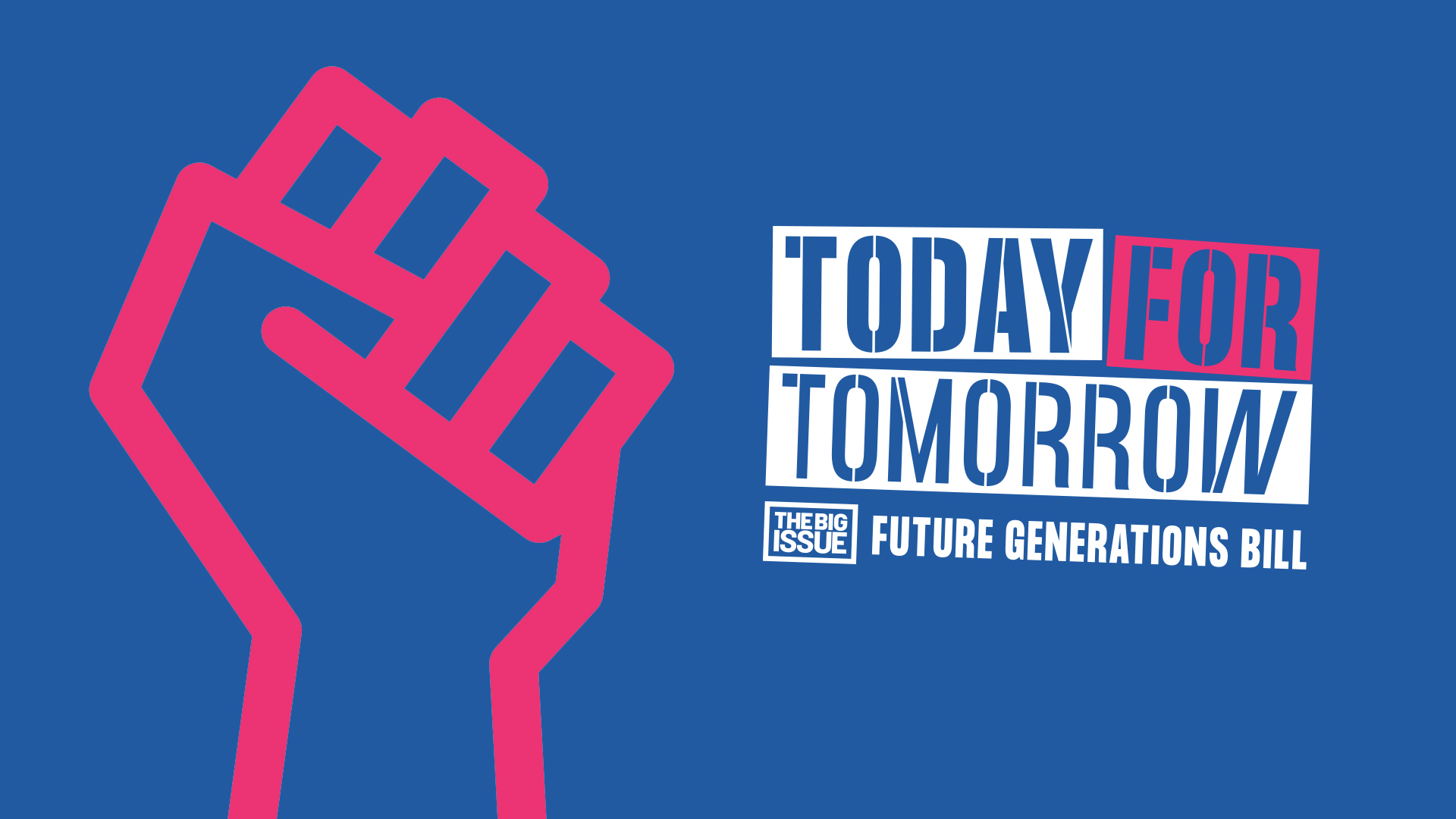What is missing of course is how you bring all of these specialisms, these specialisations together to dismantle a problem. The problems being ignorance, violence, poverty, poverty of knowledge and the lack of social justice for all.
We need our champions to champion and fight against prejudice, social exclusion and pollution. But where is the unity going to come in?
In other words you could solve any one of the above and make it a brilliant reality, but would that bring us nearer to a better, more full and honourable and fairer society?
You could put disability ramps everywhere but would that solve the problem of the disabled being often placed outside of society?
You could, if it were possible, bring racism centre stage and get rid of it, but would that rid us of poverty and other forms of ignorance?
How do you coalesce? How do you bring all the struggles together? So that ignorance and poverty, prejudice and disenfranchisement are removed completely?
How do we save the planet if we are all worried about sorting out disability or anti-Semitism?
Advertising helps fund Big Issue’s mission to end poverty
We need our champions to champion and fight against prejudice, social exclusion and pollution.
But where is the unity going to come in? Or is it all going to be individual bricks in some metaphorical wall that never converge to rid us of all the evils of modern life – from poverty to
prejudice and back again.
You cannot split your focus, but you cannot focus entirely on one campaign in life. You have to find a way where you can get a kind of glue or cement going that unifies all of our efforts into one big, strong converging whole.
That’s why we have governments and political parties, and elections. Yet it is obvious, as has been witnessed by the Brexit phenomenon, the eye can be taken off the ball. So while we have spent over three years arguing about whether or not the referendum was true or false in its outcome, climate change has climbed higher in the life of the world.
I cannot think of a better way of unifying the specialisms, the champions for health or criminal justice improvements, than through our Future Generations Bill that is now before the House of Lords.
Advertising helps fund Big Issue’s mission to end poverty
A bill that if made an Act will mean that all, yes all, government actions and laws will pass through the prism of whether or not they will be of use to future generations. And it’s not just about solving our short-term needs.
This suggests to me a converging of concerns, from the disabled, the health issues of children, the educational questions, to all of the needs we have as a functioning society.
It will bring a level of scrutiny that is unparalleled to what we are doing. A level of scrutiny that we desperately need because we are not very successful in preventing the preventable happening.
I suppose I am flagging up for 2020 a slightly different way of looking at the campaign we have run so far to get our Big Issue-backed Future Generations Bill on to the statute books.
I am looking at it as a ‘prevention’ methodology. A groundbreaking kind of government of the future that prevents, interrupts the slip into poverty. Making disability less and less likely. Making social justice such a keynote part of the health of society that prejudice evaporates.
Advertising helps fund Big Issue’s mission to end poverty
I can be accused of expecting too much from governments and from the governmental system. But I would say I am not.
I would say that you only have to look at all of the planning that goes into laying out a motorway, a hospital, a business expansion to see how careful and thoughtful we can be on most occasions. How building a bridge is little more than a clear demonstration of how ingenious humanity is in taking on such supposedly random things, different and specialist, that conspire to produce the end product.
This philosophy, where nothing and no one is left out, is our intention. A large order. But we need to do this converging act, whilst saving the planet from extinctionism and the extinctionist road it has been on for so many generations.
I think we should start in the New Year. So have a good one.
John Bird is the founder and Editor in Chief of The Big Issue






